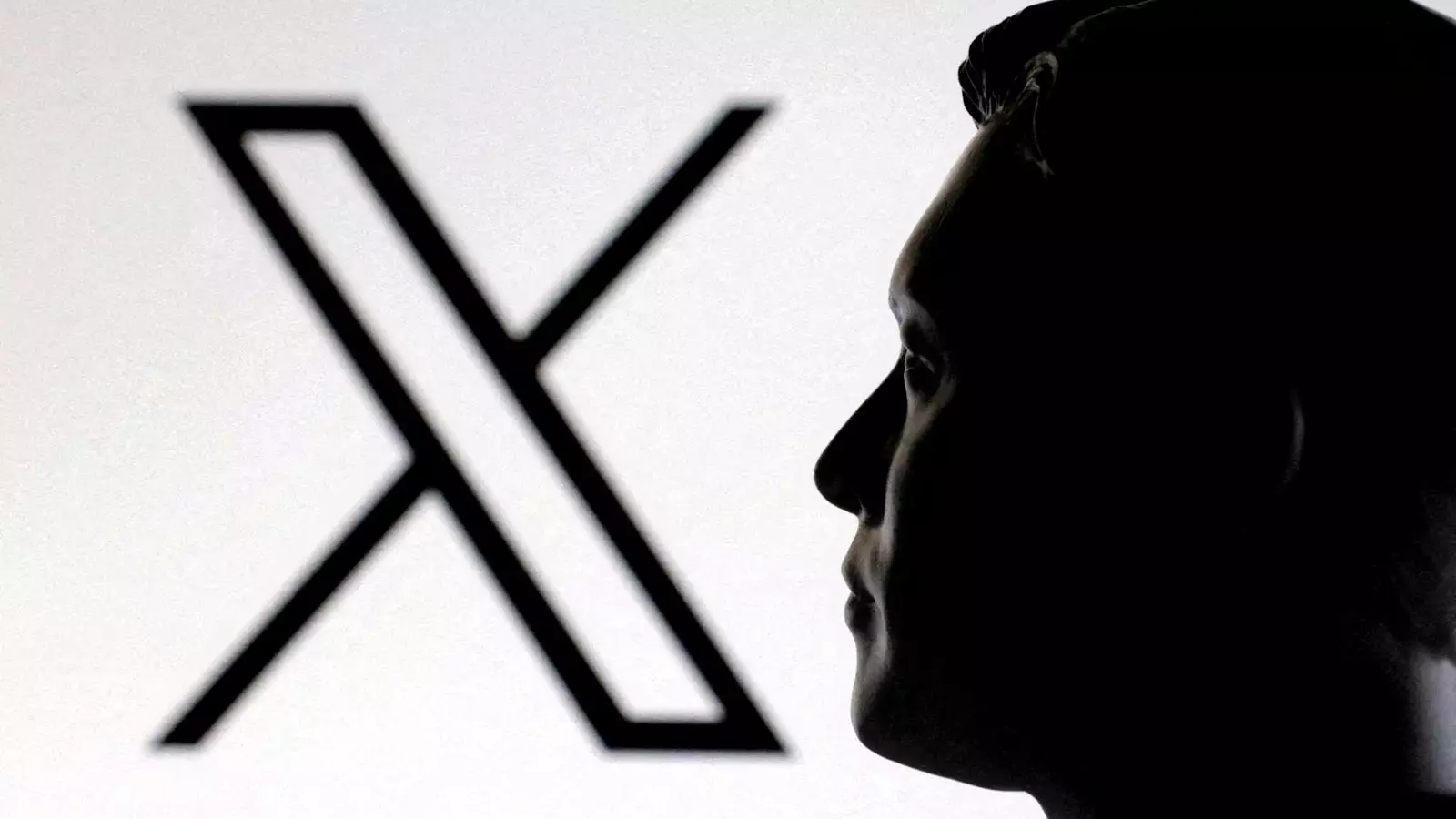The Online Safety Act, touted as a necessary safeguard for protecting vulnerable populations—especially children—has swiftly become a vehicle for censorship that risks eroding fundamental free expression rights. While the intent to shield minors from harmful content is commendable, its implementation reveals a troubling tendency toward overreach, which could stifle legitimate discourse and inhibit societal progress. The legislation’s broad scope, combined with tight timelines and vague enforcement standards, fosters an environment of fear among platforms, leading to over-cautious censorship. This raises a critical question: at what cost do we prioritize child safety over individual freedoms? Government officials often dismiss concerns of suppression as unfounded, yet their steadfast refusal to consider the law’s adverse effects indicates a dangerous disconnect from the realities of digital speech. The danger lies not in the noble goal of protecting children but in the method’s potential to silence diverse opinions under the guise of safety.
Corporate Censorship and the Chilling Effect on Free Expression
Major tech platforms, including giants like Facebook, YouTube, TikTok, and X, face mounting pressures to comply with these new regulations. In practice, this translates into aggressive content moderation policies that often cast a wide net—erroneously censoring legal, non-illegal content that merely pushes societal boundaries or challenges prevailing narratives. For example, websites hosting adult content are now subjected to intrusive age-verification processes, demanding users surrender personal information—an alarming development that infringes on privacy rights and fosters distrust. These measures, while designed for protection, risk turning platforms into tools of state surveillance rather than spaces of free exchange. The chilling effect is already evident: creators, journalists, and ordinary users are increasingly uncertain about what they can say without crossing complex, shifting boundaries. The fear of penalties or deplatforming discourages open conversations, especially on politically sensitive topics. As a society that values democracy, we must reject a narrative that frames cautious moderation as only benign; it is often the first step toward authoritarian control over information.
The Flawed Balance Between Safety and Liberty
Claiming the law protects free speech is a contradictory argument at best. The reality is that the Online Safety Act’s criteria are too ambiguous, leaving too much discretion to regulators and platform administrators. This uncertainty invites subjective judgments that eerily resemble censorship—an outcome that serves neither innovators nor democratic ideals. The government’s dismissive stance—assuring us that it “places clear and unequivocal duties” on platforms—falls flat in light of actual enforcement actions and investigations revealed by watchdog agencies. The ongoing probes into multiple adult sites, with millions of monthly visitors, underscore how enforcement often targets high-traffic platforms under the guise of protecting minors, but in effect, they risk penalizing legal content and online freedom. The question remains: are these measures genuinely about safety, or are they a calculated shift toward control and conformity? True progress requires open debate, not authoritarian mandates that restrict access to content that doesn’t align with government preferences or societal prejudices. The effort to police every pixel online under the pretext of safety stifles the very innovation that drives a healthy digital environment.
The Need for Reassessment and Democratic Oversight
The current trajectory suggests that urgent reform is needed—not just to tweak policies but to fundamentally rethink how online safety is balanced with liberty. Rigid enforcement timelines and heavy regulatory handforces create a culture of caution that hampers technological development and civil liberties. It is unacceptable that nearly half a million citizens have signed a petition demanding the law’s repeal; this level of opposition signals a broad societal concern that cannot be ignored. Moreover, government representatives dismiss these concerns, framing critics as defenders of harmful content, which is both misleading and dangerous. Instead, there should be more transparent, participatory policymaking processes that involve not only lawmakers and corporations but also civil society and independent experts. Only through ongoing, inclusive dialogue can we craft legislation that genuinely protects vulnerable populations without sacrificing the fundamental right to free speech. The future of our digital landscape should be rooted in freedom and responsibility, not fear-driven censorship.
In sum, the Online Safety Act exemplifies how attempts to regulate online content can backfire, threatening core democratic freedoms under the guise of protecting society. It is imperative that we scrutinize these policies critically, advocating for balanced solutions that uphold both safety and liberty. The stakes are too high to accept censorship as a new norm.


Leave a Reply